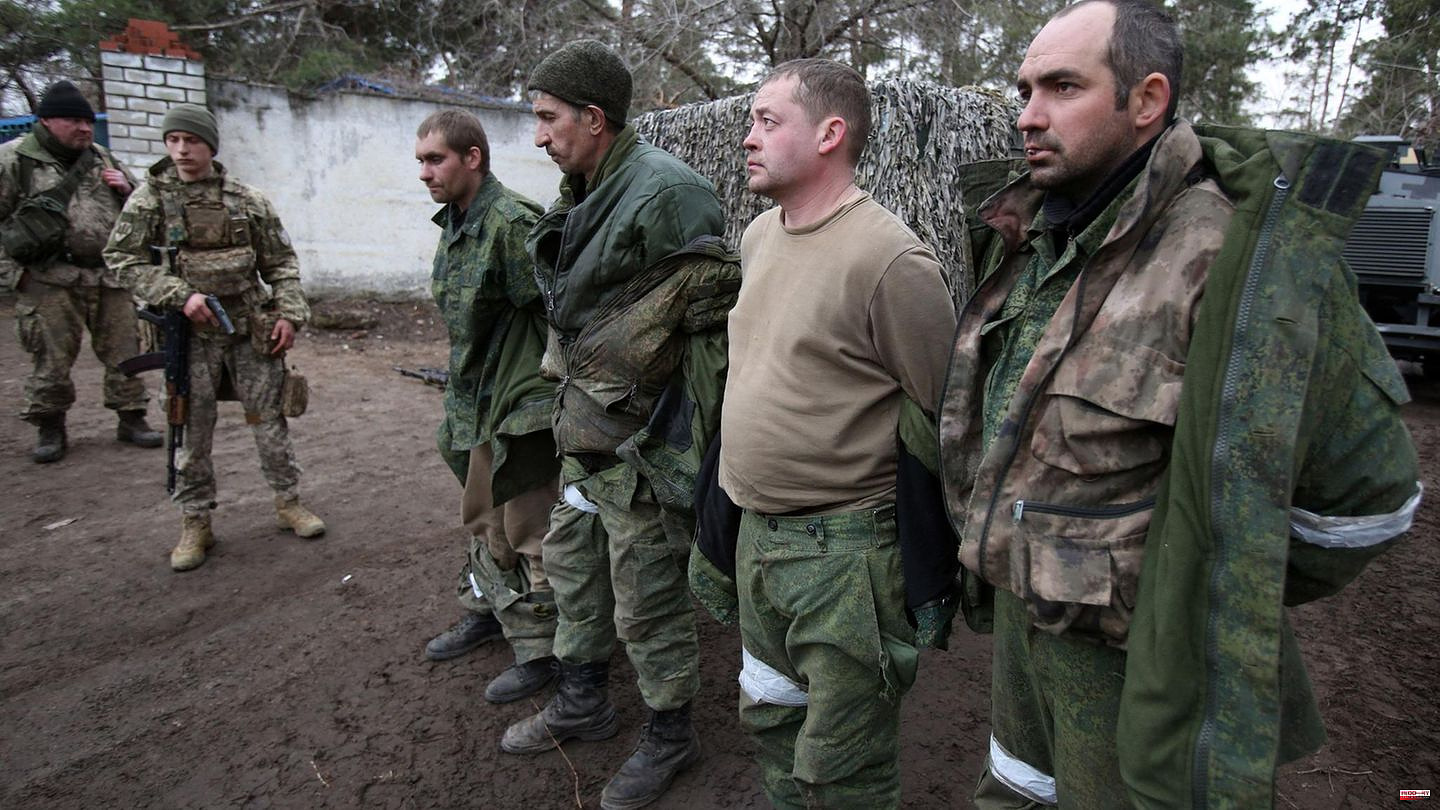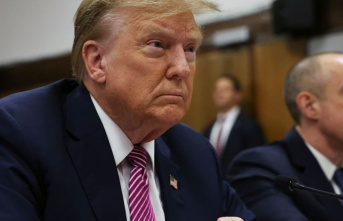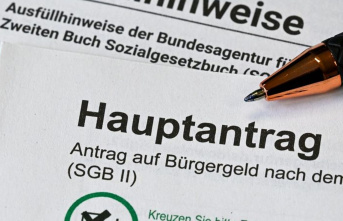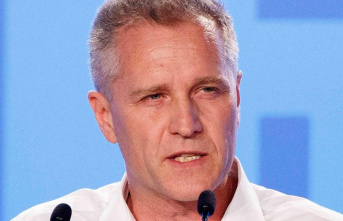Hundreds of Russian prisoners of war live in gloomy buildings, and the thunder of anti-aircraft defenses can be heard in the distance. Some inmates have bandages on their hands or feet, and they assemble garden furniture in the workshops. For food there is bread, corn soup, barley stew with meat. "The guards make a point of showing that they treat the inmates well." This is how the Ukraine correspondent of the British BBC describes a visit to a prison for Russian soldiers who had been taken prisoner of war.
According to the Geneva Convention, it is not allowed to publicly display opponents' fighters. Most inmates therefore prefer to remain silent than to speak to journalists. In addition, some of them face an uncertain fate when they return. The mercenary army of the Wagner group, for example, boasts about brutally executing released former fighters as "traitors".
Nevertheless, some of them still identify themselves as mercenaries. One tells the BBC that he was captured at Soledar just days before. Apparently he had only been a soldier for a month. Another says he was arrested by the Ukrainians near Luhansk at the end of December and has been waiting for a prisoner exchange ever since: "I hope I don't have to go back into the army," he says. If he does, he's considering "surrendering voluntarily." Ukraine offers a hotline for this.
Negotiations on the exchange of prisoners of war is currently the only remaining channel of communication between Kiev and Moscow. Even if the talks often go through intermediaries like the United Arab Emirates or Turkey. It was also the two states that moderated the last prisoner exchange between Russia and Ukraine. At the beginning of February, 116 Ukrainian and 63 Russian prisoners were released.
The imprisoned fighters have now become almost a currency. Because in this war of attrition, every soldier counts - even if it's just cannon fodder. According to the Ukrainian President Volodymyr Zelenskyj, 1762 of his compatriots have been released from Russian captivity since the beginning of the war. 3,000 to 4,000 are still stuck in camps. According to the Kiev government, those soldiers who return home do so in a miserable condition.
According to a report by the UN Human Rights Commission, torture and ill-treatment of Ukrainian prisoners of war are common in Russia. Although female prisoners were not physically attacked, they complained about mental stress, for example from the screams of fellow prisoners. "I can't stand the sound of duct tape they use to tie up prisoners before they are tortured," a former prisoner of war is quoted in the report as saying.
The UN also accuses the Ukrainian side of violating the Geneva Convention, which regulates the treatment of prisoners of war. In Ukraine, for example, there are prison camps in which "welcome beatings" are common. However, the Kiev government has already launched a series of investigations into the abuse of prisoners of war. She also generally gave UN investigators access to the detainees, unlike the Russian side.
Presumably, the British BBC will have seen model prison camps rather than those in questionable conditions. And apparently Ukraine seems to be using the enemy's presence for "educational measures." The program on prison television is in Ukrainian, which many Russians may not understand well. You can also see documentaries about the history of the city of Mariupol, which was practically bombed to the ground by Russia last year. Some prisoners fought there. When the reporter asked if he understood what he had just seen, one replied: "More or less. But I found it instructive". According to the BBC journalist, one cannot expect more than polite words in this situation.
Sources: BBC, DPA, UNHR, "Taz", Geneva Convention












